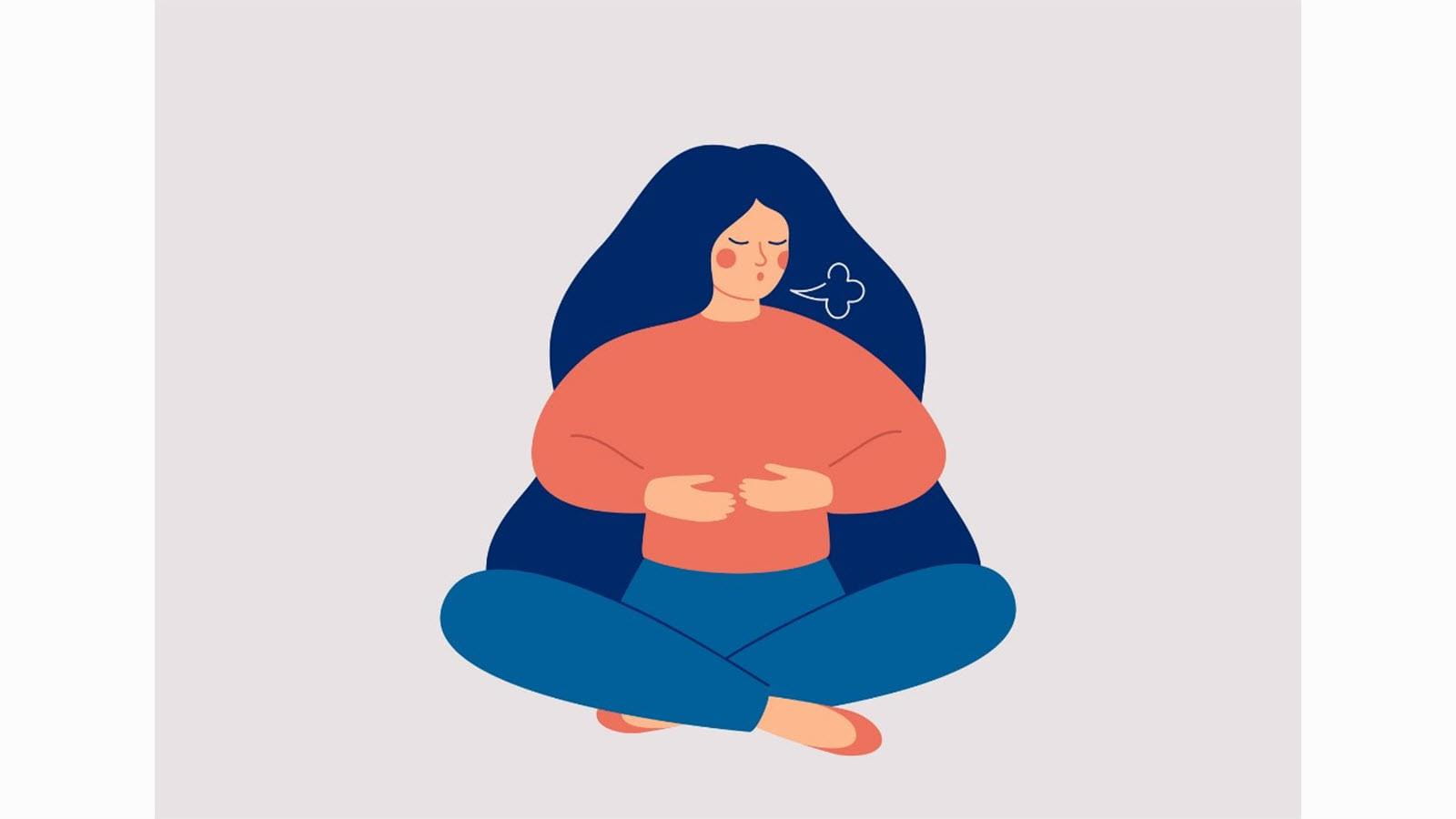Our minds are like an MP3 player, constantly fast-forwarding to think about the future or rewinding to ruminate on past experiences – two sources of stress for many people, says Amishi Jha, Professor of Psychology at the University of Miami.
“But with mindfulness, we are talking about keeping that button right on play so that we are completely aware and in the present moment,” Jha said in a video for the National Institutes of Health (NIH) National Center for Complementary and Integrative Health.
That state of “being present” or “mindful” means to be fully engaged with whatever we’re doing at the moment – free from judgment or distraction, and aware of our thoughts and feelings without getting too caught up in them, explains Headspace Health, a mental health and well-being care provider. CSL, a leading global biotech company, recently added access to Headspace as a benefit for employees.
As anyone who has tried meditation knows, learning to anchor yourself in the present takes practice and patience. But the structured practice of meditation, if practiced regularly, has proven benefits for mental and physical well-being, according to the American Psychological Association. Meditation can help with stress management, reduce symptoms of anxiety and depression, and help people cope with illness.
To begin, it can take as little as a minute with the help of a guide coaching you into the right mindset.
“No matter what is going on in your life right now, no matter how many thoughts are racing around your mind, no matter how the body’s feeling, just take a moment to sit down and take a big deep breath, breathing in through the nose and out through the mouth,” says a calming voice in one of Headspace’s mini-meditation sessions.
Alina Hadi, CSL Behring Head of Global Benefits, championed offering Headspace as an employee benefit after she found it improved her sleep.
“Before Headspace, my sleep quality and quantity definitely needed improvement. Now with the help of the app, I’ve been able to achieve a deeper sleep to wake up feeling more refreshed, prepared to take on the day,” Hadi said. “It’s exciting to know that our employees now have this new tool to begin their mindfulness journey.”
Among the many studies looking into the benefits of mindfulness meditation, researchers typically conclude by saying more investigation is needed. But the U.S. National Institutes of Health offers a detailed summary of research into various conditions and how they are impacted by mindfulness meditation. In addition to reducing symptoms of anxiety and depression, some studies have shown positive effects on insomnia, blood pressure and irritable bowel syndrome, according to NIH.
While research continues, people are increasingly interested in trying meditation. An NIH survey found that interest tripled between 2012 and 2017. Then, in 2020, the pandemic led to soaring numbers of downloads of meditation apps, with Headspace among the most downloaded, according to TechCrunch. The apps had 2 million more downloads in April 2020 than they did in January of that year.



